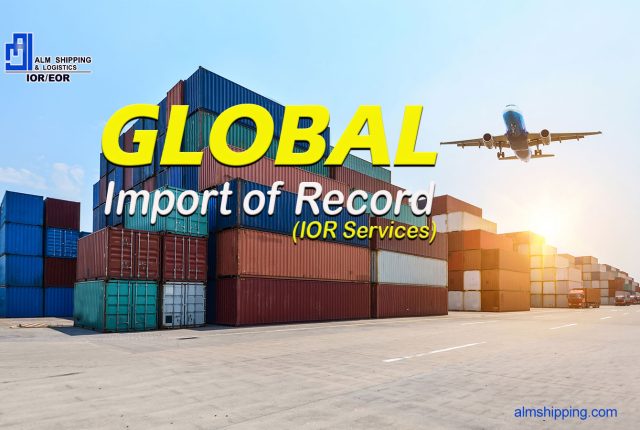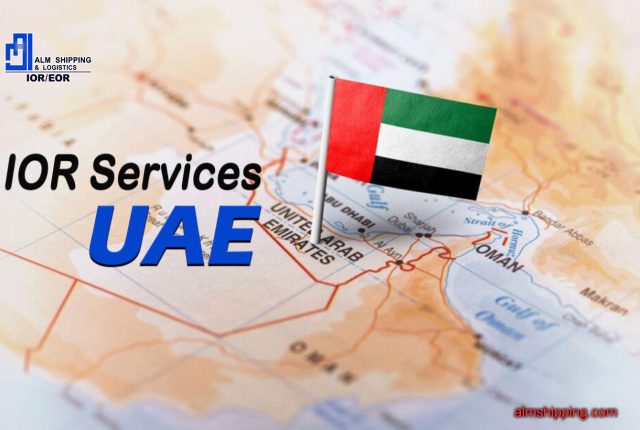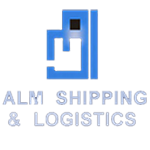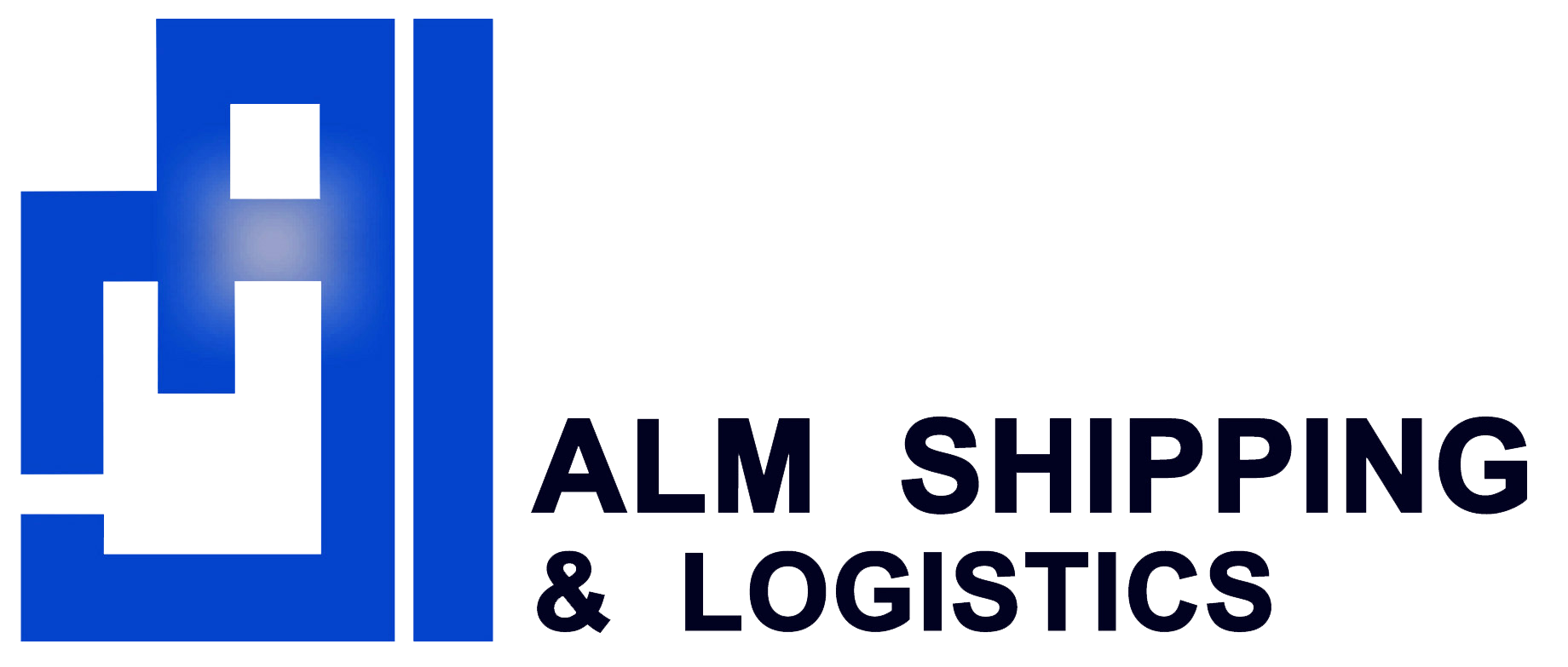
The Crucial Role of IOR and EOR
Importer of Record (IOR) and Exporter of Record (EOR) play pivotal roles in facilitating international trade by ensuring legal compliance and seamless transactions. Let’s delve into their crucial roles and significance in the global commerce landscape. ALM Shipping & Logistics can easily provide all these IOR/EOR assignments.
Importer of Record (IOR):
The Importer of Record is the entity responsible for ensuring that imported goods comply with the regulations and laws of the destination country. They take on the legal obligations associated with the import process.
Key Responsibilities:
1. Customs Compliance: IORs ensure that imported goods adhere to customs regulations, tariffs, and local laws, preventing delays or penalties.
2. Documentation: They manage the documentation required for customs clearance, including invoices, permits, and certificates, ensuring accuracy and completeness.
3.Taxation and Duties: IORs handle the payment of import duties, taxes, and fees on behalf of the importing entity, ensuring financial compliance.
4. Product Classification: Determining the correct classification of imported goods according to the Harmonized System (HS) codes for accurate customs processing.
Significance:
Risk Mitigation: IORs mitigate legal and financial risks for the importing entity by ensuring compliance with regulations.
Efficient Customs Clearance: Their expertise expedites customs clearance, minimizing delays in the supply chain.
Global Market Access: IORs enable businesses to enter new markets by navigating complex import regulations.
Exporter of Record (EOR):
The Exporter of Record is the entity responsible for ensuring that exported goods comply with the regulations and laws of the origin country. They take on legal obligations associated with the export process.
Key Responsibilities:
1. Export Compliance: EORs ensure that exported goods comply with export control regulations and international trade agreements.
2. Documentation: They handle the preparation of required export documentation, such as commercial invoices, packing lists, and certificates of origin.
3. License Management: For goods requiring export licenses, EORs manage the application process and compliance with licensing requirements.
4. Customs Filing: EORs submit required documentation to customs authorities for export clearance, facilitating the smooth flow of goods.
Significance:
Legal Compliance: EORs ensure that exporters adhere to the regulations governing international trade, reducing the risk of legal issues.
Efficient Export Processes: Their expertise streamlines export processes, reducing the likelihood of delays and ensuring on-time shipments.
Market Expansion: EORs enable businesses to explore new markets by handling the complexities of export regulations.
Summary
Both IOR and EOR services are indispensable for businesses engaging in international trade. They provide the expertise needed to navigate complex regulations, ensuring compliance, reducing risks, and facilitating the efficient movement of goods across borders. Whether expanding into new markets or optimizing existing supply chains, the roles of IOR and EOR are essential for a successful and legally compliant global trade strategy.







Leave a Reply